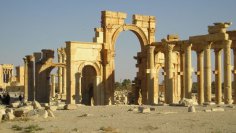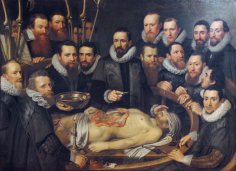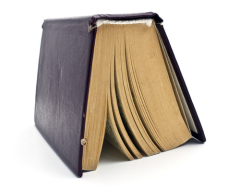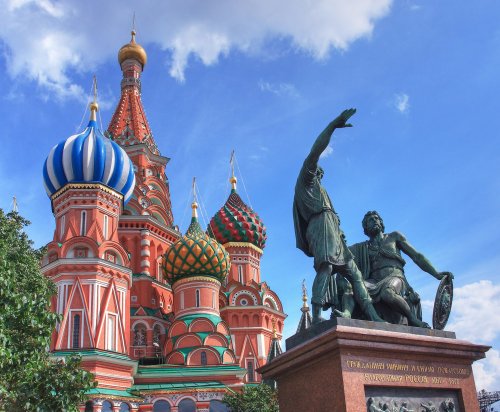
What is the science of history for, apart from the fact that historians need something to live on? That's why they pretend to be important. In any case, there is such a view of history…
Why do others need these objects? Not historians? Why do we need abstract, unrealistic knowledge about the lives of people who died long ago? How can events from centuries ago… or even less, help? What happened, happened. Let's also remember that “History teaches nothing.” And we must live in the present. And…
All this is true. Almost. Because history is not exactly a set of dates and events, as it appears in textbooks. No, there are dates, and there are firmly established facts. And also how contemporaries of the events perceived what was happening. The rest is essentially a reconstruction, the generally accepted version of which is included in textbooks.
Just don't start singing about “scientists who don't understand.” They do. And of course, they don't reconstruct it just any old way, but relying on proven patterns – historical, economic, etc.
And here history meets psychology. A very practical discipline, the essence of which is understanding oneself and others. History provides wonderful material for study and psychological analysis: historical figures and situations from real life.
There is a difficulty: we will never know the real motives of historical figures. There is also a plus: we see historical events as having taken place, knowing their prerequisites and consequences. Having the opportunity to see the situation in development, from beginning to end. This means that we can analyze the behavior of the participants, and most importantly, try to understand their motives.
Try! Clearly realizing that this is not knowledge, but a reconstruction, a version. Unless the character himself has set out his motives in letters, memoirs, diaries. Exactly himself! The recollections of “eyewitnesses” about what they heard “by chance” or in a “personal conversation”, especially what they heard in a third-party broadcast, should be treated with caution. And very carefully – if the thoughts of historical figures are set out without references to sources.
What is useful in such “historical psychoanalysis”? It depends on who! For a psychologist (especially a future one) it is an interesting practice. For a historian – it is understandable, “just” part of the usual work. For everyone else – an excellent exercise for developing analytical thinking.
And for those interested in history – a way and opportunity to understand this history. Not to remember where and when certain events took place. Namely to understand: how and why they happened exactly and exactly like that. To grasp the internal logic of what is happening.
It is necessary (without this nothing will work!) to try to understand the logic of historical characters. And naturally, the logic of events “in general”, as a whole. Why is all this necessary?
Firstly , it is not necessary for everyone, but for those who are already interested in history.
Secondly , the same principles and patterns operate in the past and present, the same logic of the development of events.
That is, having learned to understand the past, it is much easier for us to understand the present.





